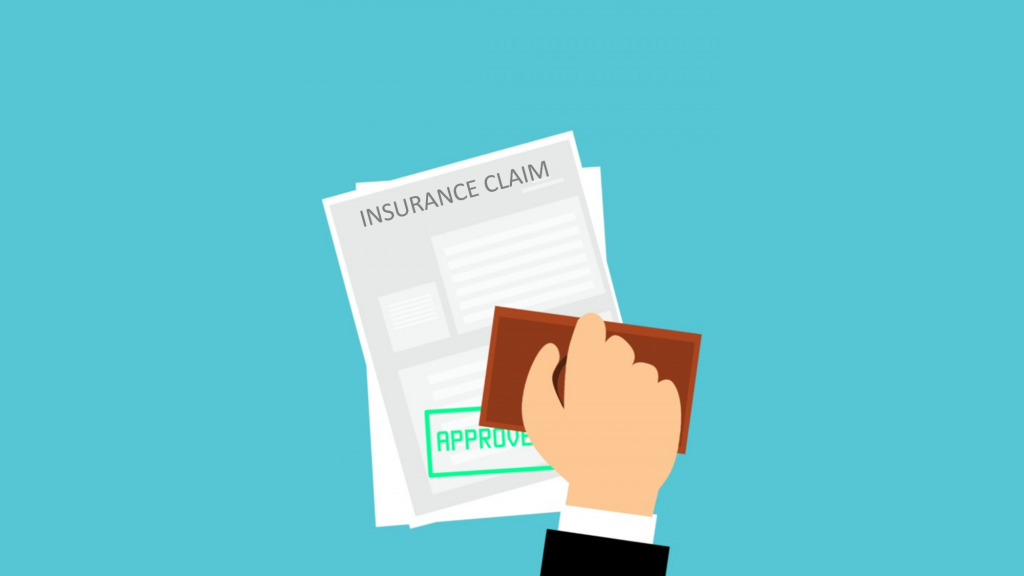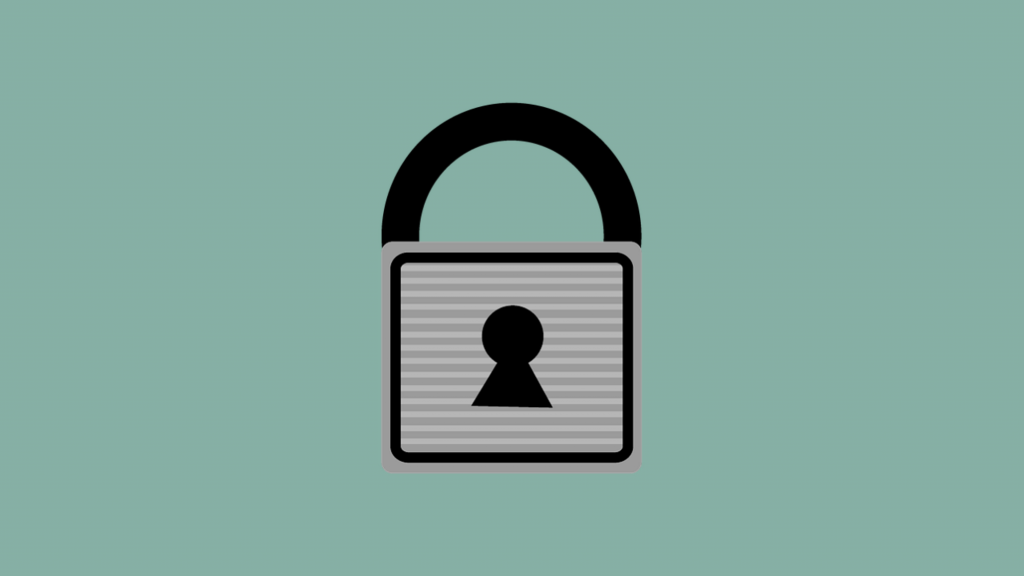 On May 28th, New Jersey Governor Phil Murphy signed legislation A4157, which temporarily extends the deadline for filing property tax appeals and processing decisions in those cases. The legislature believed that, due to the current pandemic, many people were unable to file the appeals by usual April 1 or May 1, 2020 deadlines. As such, the deadline to file an appeal of the assessment of real property is extended to July 1, 2020. The deadline for county boards of taxation to render decisions in tax appeal cases has also been extended, to September 30, 2020. This bill does not apply to certain tax appeals, such as in counties participating in the Demonstration Program or operating under Property Tax Assessment Reform Act. This bill will go into effective immediately and will be applied retroactively to April 1, 2020.
On May 28th, New Jersey Governor Phil Murphy signed legislation A4157, which temporarily extends the deadline for filing property tax appeals and processing decisions in those cases. The legislature believed that, due to the current pandemic, many people were unable to file the appeals by usual April 1 or May 1, 2020 deadlines. As such, the deadline to file an appeal of the assessment of real property is extended to July 1, 2020. The deadline for county boards of taxation to render decisions in tax appeal cases has also been extended, to September 30, 2020. This bill does not apply to certain tax appeals, such as in counties participating in the Demonstration Program or operating under Property Tax Assessment Reform Act. This bill will go into effective immediately and will be applied retroactively to April 1, 2020.
Jacklyn Fetbroyt is a founding member of Kang Haggerty LLC and is currently a committeeperson of the Voorhees Township Committee. Among other things, Jackie focuses on counseling companies and business owners through all stages of their ventures from conception to dissolution, assisting her business clients in all of their needs for maintenance and growth. On Township Committee, Jackie strives to be a resource to and ears of the residents in her hometown.
In this ever-changing landscape of information and legislation, please be aware that the information contained in this blog post may no longer be relevant or applicable. The content of this post is for informational purposes only and should not be construed as legal advice or legal opinion.
 Kang Haggerty News
Kang Haggerty News



 On May 15, 2020 Governor Phil Murphy issued Executive Order 145, allowing elective surgeries and elective invasive procedures to resume.
On May 15, 2020 Governor Phil Murphy issued Executive Order 145, allowing elective surgeries and elective invasive procedures to resume. 
 May 6, 2020, New Jersey Governor Phil Murphy issued Executive Order 138, which extends the Public Health Emergency declared on March 9, 2020 and extended on April 7, 2020. EO138 is intended to extend the public health emergency for 30 additional days to prevent its expiry as required under the Emergency Health Powers Act. As such, the emergency declaration is renewed for another month.
May 6, 2020, New Jersey Governor Phil Murphy issued Executive Order 138, which extends the Public Health Emergency declared on March 9, 2020 and extended on April 7, 2020. EO138 is intended to extend the public health emergency for 30 additional days to prevent its expiry as required under the Emergency Health Powers Act. As such, the emergency declaration is renewed for another month. In New Jersey, Executive Order 128 addresses landlord and tenant issues due to COVID-19. Finding that the earlier EO106 provides some protection to tenants by staying enforcement of all judgments for possession, warrants of removal, and writs of possession while in effect (unless the court determines otherwise), EO128 suggests that there are other consequences in addition to evictions, such as interest and late fees and negative credit reports.
In New Jersey, Executive Order 128 addresses landlord and tenant issues due to COVID-19. Finding that the earlier EO106 provides some protection to tenants by staying enforcement of all judgments for possession, warrants of removal, and writs of possession while in effect (unless the court determines otherwise), EO128 suggests that there are other consequences in addition to evictions, such as interest and late fees and negative credit reports.  Two recent Executive Orders by Governor Murphy create effective moratorium for termination of insurance and cancellation of cable services during the COVID-19 pandemic.
Two recent Executive Orders by Governor Murphy create effective moratorium for termination of insurance and cancellation of cable services during the COVID-19 pandemic.  Additional Executive Orders geared towards limiting the spread of COVID-19 implemented by Governor Phil Murphy over the weekend including EO122 and 125, providing further restrictions on essential-business (retail stores and construction operations) to ensure the safety of their employees and consumers. Notably, the orders also provide for safety measures required to be taken consumers.
Additional Executive Orders geared towards limiting the spread of COVID-19 implemented by Governor Phil Murphy over the weekend including EO122 and 125, providing further restrictions on essential-business (retail stores and construction operations) to ensure the safety of their employees and consumers. Notably, the orders also provide for safety measures required to be taken consumers. On Tuesday, New Jersey Governor Murphy issued the most recent in a series of orders intended to combat the COVID-19 crises, Executive Order No. 119, extending the current health emergency in the state by another 30 days. This means that, as it stands, the current public health emergency in New Jersey will last at least until May 8, 2020.
On Tuesday, New Jersey Governor Murphy issued the most recent in a series of orders intended to combat the COVID-19 crises, Executive Order No. 119, extending the current health emergency in the state by another 30 days. This means that, as it stands, the current public health emergency in New Jersey will last at least until May 8, 2020.  As reported in our March 25th update, New Jersey – by Governor Murphy’s Executive Order 109 – directed businesses to submit inventories on personal protective equipment (PPE), ventilators, and similar equipment. On April 2, 2020 in Executive Order 113, Governor Murphy has now authorized the Office of Emergency Management to repossess and reallocate such resources to meet the State’s needs.
As reported in our March 25th update, New Jersey – by Governor Murphy’s Executive Order 109 – directed businesses to submit inventories on personal protective equipment (PPE), ventilators, and similar equipment. On April 2, 2020 in Executive Order 113, Governor Murphy has now authorized the Office of Emergency Management to repossess and reallocate such resources to meet the State’s needs.